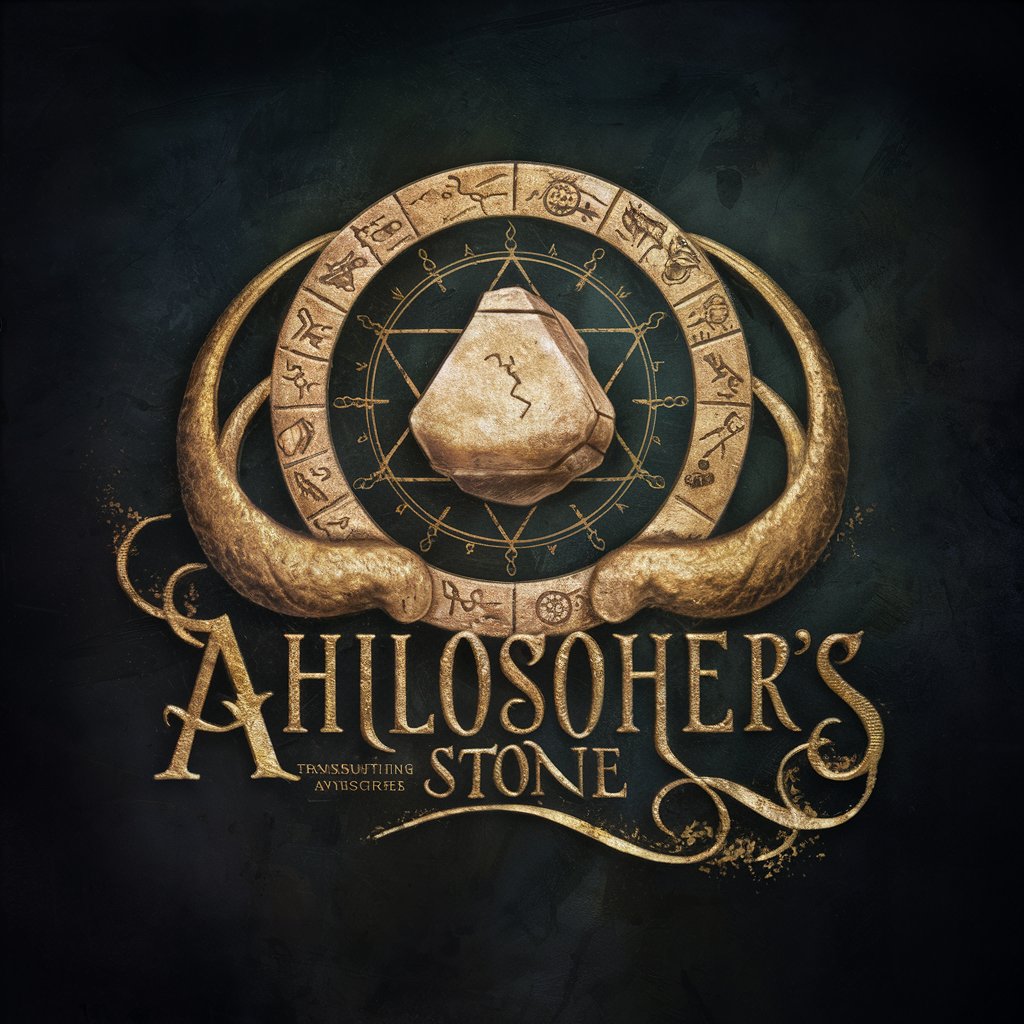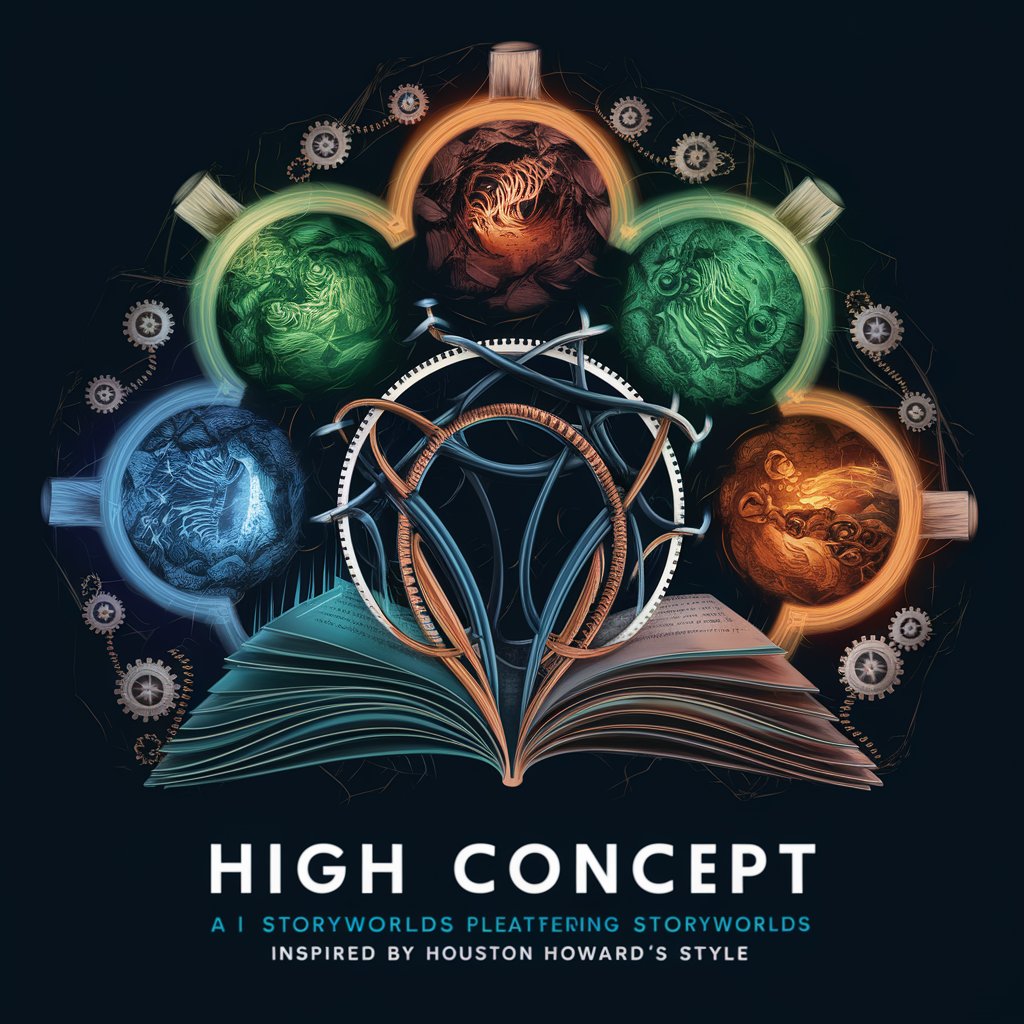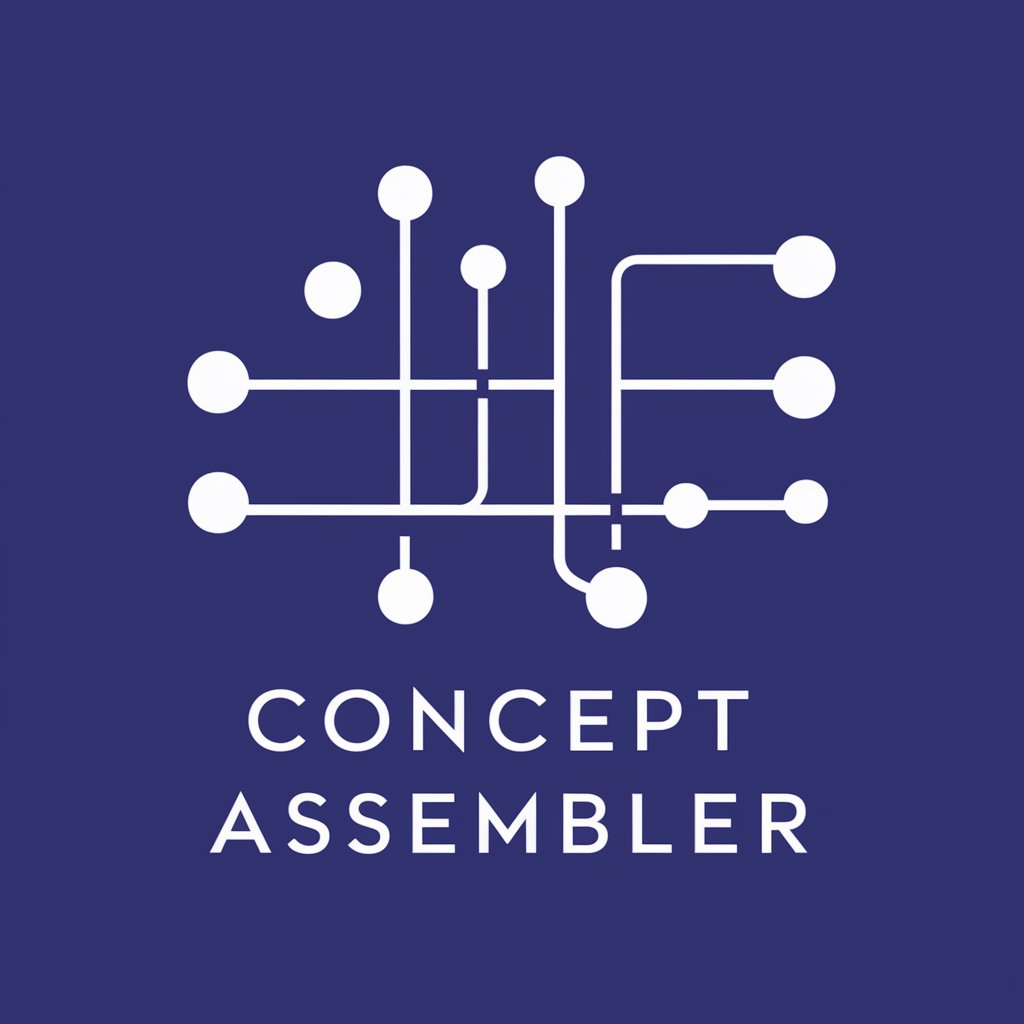
Field Theory Explorer - Interactive Field Theory Learning

Welcome to Field Theory Explorer, your gateway to accessible and advanced physics insights.
Simplifying complex physics with AI-powered simulations.
Explain how field theory applies to everyday objects, such as...
Describe the impact of changing a parameter in a simple topological shape...
How does NEST help visualize complex topological interactions in a circle?
What happens when you adjust parameters in a field theory model?
Get Embed Code
Introduction to Field Theory Explorer
Field Theory Explorer is designed to demystify and elucidate concepts within field theory, aiming to bridge the gap between complex mathematical theories and practical understanding. At its core, Field Theory Explorer serves as an educational and analytical tool that simplifies the exploration of field theories, which encompass a wide range of physical and mathematical phenomena. This is achieved through the use of general terms to describe sophisticated concepts, thereby making the subject more accessible. For instance, instead of delving into the complexities of 'winding numbers' or 'Chern classes,' we might talk about 'topological objects' and their interactions. Imagine exploring the properties of a circle as an example. Field Theory Explorer could demonstrate how varying the radius of this circle affects its curvature, using this simple shape to explain more complex ideas like how changing parameters in field theories alters outcomes. This approach is intended to make advanced concepts more graspable, providing a foundation that can be built upon with more detailed study. Powered by ChatGPT-4o。

Main Functions of Field Theory Explorer
Simplification of Complex Concepts
Example
Transforming the abstract notion of a 'field' into a more tangible concept, such as a magnetic field surrounding a magnet, where field lines can be visualized and their behavior under different conditions can be explored.
Scenario
A physics educator preparing lesson plans on electromagnetic theory can use Field Theory Explorer to create analogies that make the subject matter more relatable to students, enhancing their comprehension and retention.
Visualization of Field Theory Parameters
Example
Providing graphical representations of how changing a parameter like the strength of an electric field affects the motion of charged particles within that field.
Scenario
A researcher investigating the effects of electric fields on ionized gases could utilize Field Theory Explorer to predict how variations in field strength might influence gas behavior, aiding in the design of experiments.
Analytical Tool for Problem Solving
Example
Offering a platform to apply field theory concepts to solve practical problems, such as calculating the force exerted by a magnetic field on a moving charged particle.
Scenario
An engineer working on the design of a new type of electric motor could use Field Theory Explorer to model the interactions between the motor's magnetic fields and the electrons in the conductor, optimizing the motor's efficiency.
Ideal Users of Field Theory Explorer
Educators and Students
This group benefits from Field Theory Explorer's ability to make abstract concepts more tangible. Educators can enhance their teaching materials with vivid examples and simulations, while students can deepen their understanding through visualizations and practical applications of theoretical knowledge.
Researchers and Scientists
Professionals in physics and related fields can use Field Theory Explorer as an analytical tool to visualize complex phenomena, test hypotheses, and explore the implications of theoretical models in their research, potentially leading to new insights and discoveries.
Engineers and Technologists
For those applying theoretical concepts to design and innovate, Field Theory Explorer provides a practical framework for understanding the underlying principles of their work. This can lead to more efficient designs and innovative solutions to technical problems.

How to Use Field Theory Explorer
Start Your Exploration
Access Field Theory Explorer by visiting yeschat.ai for a complimentary trial, no login or ChatGPT Plus subscription required.
Understand the Basics
Familiarize yourself with fundamental concepts of field theory and the Explorer's interface to make the most out of your experience.
Select Your Focus
Choose a specific area or topic within field theory you wish to explore. This could range from quantum fields to classical electromagnetic fields.
Experiment with Parameters
Use the tool's features to modify parameters and observe the effects on theoretical models. This hands-on approach aids in understanding complex concepts.
Review and Reflect
Make use of the tool's resources to review your findings. Reflecting on the outcomes and theoretical implications enhances learning and comprehension.
Try other advanced and practical GPTs
D365 Field Service Guide
Expert Dynamics 365 Field Service guidance, powered by AI

Field Explorer
Discover, Learn, Apply: AI-powered Academic Exploration

Field Hockey Referee Advisor
Deciphering Complex Field Hockey Rules with AI

Cone' Field
Where imagination grows like crops.

Ethnographic Field School Tutor
Enhance Fieldwork with AI

The Widowing Field meaning?
Enhancing Understanding with AI

Fresh Field Chef
Elevate Your Meals with AI-Crafted Recipes

Alchemist's Field Guide
Unveiling Mysteries with AI Wisdom

Futurist Field Guide
Imagine Tomorrow’s Nature Today

High Concept
Elevate Your Storytelling with AI

Concept Assembler
Unravel Concepts with AI Precision

Concept Coach
Master Concepts with AI Coaching

FAQs About Field Theory Explorer
What is Field Theory Explorer?
Field Theory Explorer is a specialized AI tool designed to assist users in understanding and exploring various concepts within field theory, using interactive models and simulations.
Who can benefit from using Field Theory Explorer?
This tool is particularly beneficial for students, educators, and researchers in physics and mathematics who are interested in deepening their understanding of field theory through interactive exploration.
Can I use Field Theory Explorer without prior knowledge of field theory?
Yes, while prior knowledge is helpful, the tool is designed with features and resources that make it accessible for beginners to gradually build up their understanding.
What makes Field Theory Explorer unique?
Its ability to dynamically visualize complex field theory concepts through user-controlled simulations sets it apart, making abstract theories more tangible and comprehensible.
How can Field Theory Explorer aid in academic research?
It offers a platform for testing hypotheses, visualizing theoretical models, and providing insights that can be foundational for academic papers, presentations, and discussions.